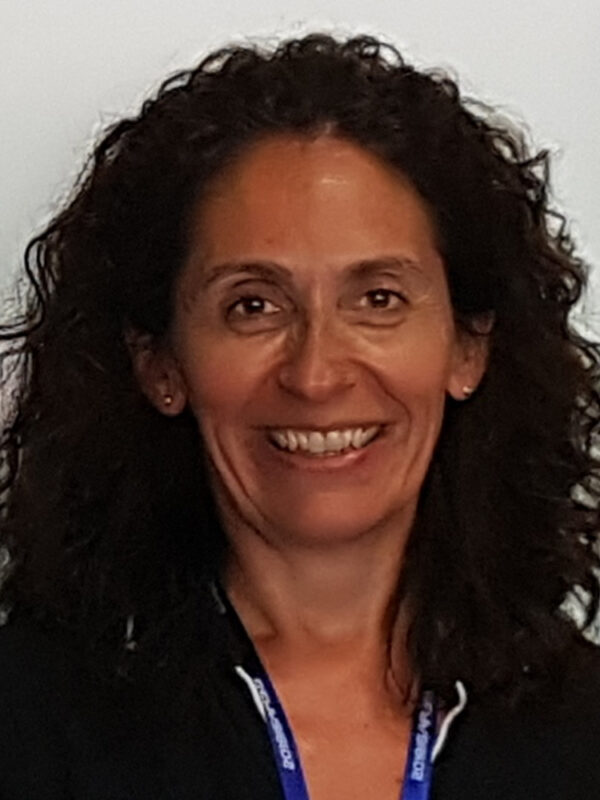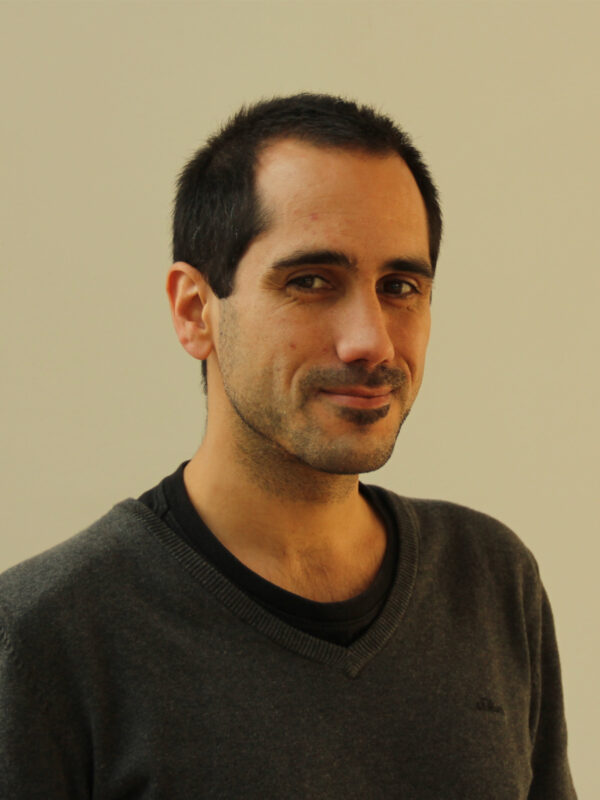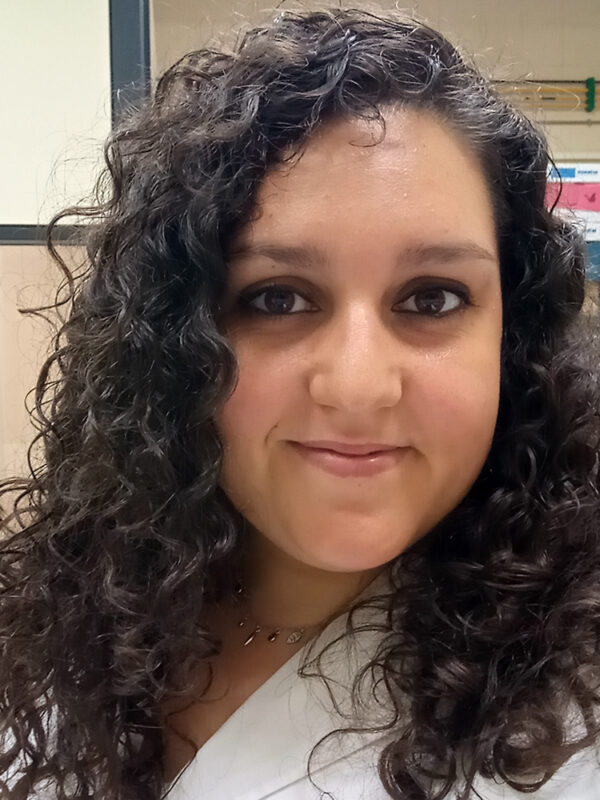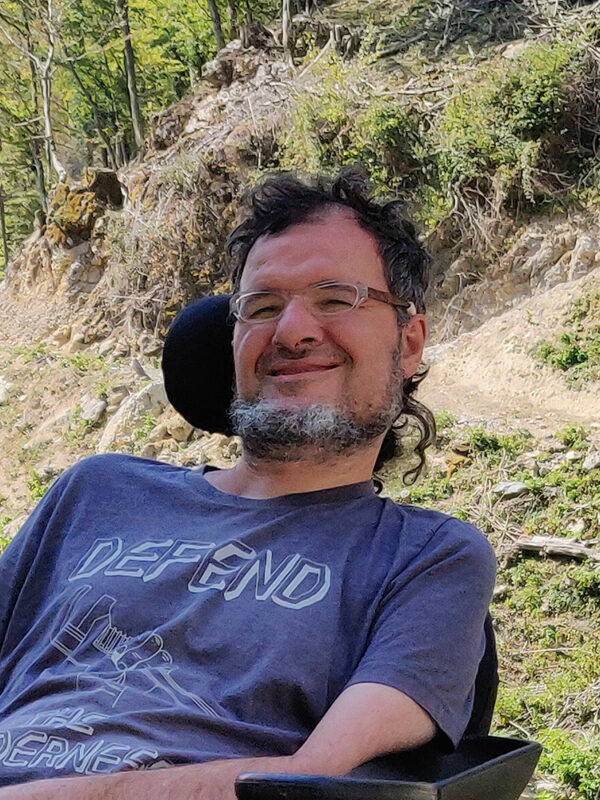Environmental Remote Sensing and Field Spectroscopy Laboratory (SpecLab), IEGD, CSIC
SpecLab exploits synergies between ground, airborne and satellite spectral observations to monitor ecosystems and provide information that help resolve the gap between different temporal and spatial scales. We aim to generate reliable input data for the formulation of ecosystem models and soil-atmosphere-vegetation models crucial to monitoring and predicting changes in the Earth system.
Website
M. Pilar Martín
Position: Professor/Principal investigator


Professor at the Spanish National Research Council (CSIC) and principal investigator of SpecLab since 2007. She is a Geographer whose special interest is the use of Geographic Information Technologies for environmental applications and studies. Her main research field is the proximal and remote sensing of vegetation function and diversity within the context of global change and precision agriculture. She has also worked in wildfire prevention and mapping. She has coordinated a large number of research projects funded by national or international (mainly EU) institutions and collaborated as an international expert for NASA and ESA funded research activities. She has supervised and/or co-supervised doctoral theses, bachelor´s and master’s thesis, mainly in cooperation with the University of Alcalá where she was associate professor from 1997 to 2011 and still collaborates as an instructor for post-graduate master courses.
Javier Pacheco-Labrador
Position: Tenured scientist


Tenured scientist specialized on spectroradiometry and remote sensing of vegetation properties, function and diversity. He combines field observations and radiative transfer, energy balance and photosynthesis models, to develop new methods that fill knowledge gaps and improve the representation of semi-arid ecosystems. He also focuses on the measurement techniques, instrumental characterization, and uncertainty propagation.
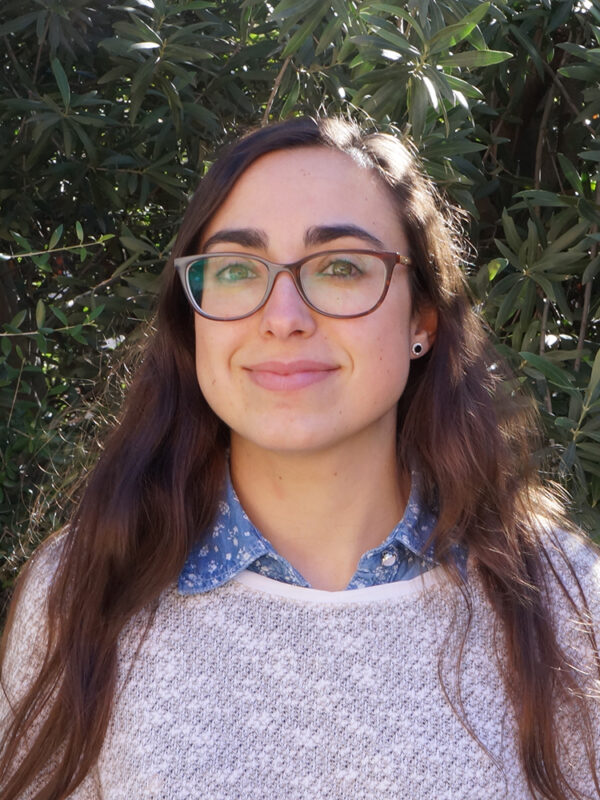
María Dolores Raya Sereno
Position: Postdoctoral researcher


Postdoctoral Researcher at the Spanish National Research Council (CSIC) in the Remote Sensing and Spectroscropy Laboratory (SpecLab) group. She received the B.Sc. in Environmental Science from the University of Córdoba in 2014, the M.Sc. in Planning and Management of Territorial and Local Development from the University of Seville in 2015, and the Ph.D. in Agro-Environmental Technology for Sustainable Agriculture from the Polytechnic University of Madrid in 2023.
From 2016 to 2018, she was a Research Assistant at the Institute of Natural Resources and Agrobiology (CSIC), where she joined the Irrigation and Crop Ecophysiology research group. Her recent research interest include remote sensing and its application in vegetation monitoring. She has different publications in the field of management and precission agriculture, and she has participated in different national and international congress and research projects related to environemntal protection.
Lucía Casillas Martínez
Position: Technician

Technician at the Spanish National Research Council (CSIC). Degree in Chemistry from the Universidad Complutense de Madrid, with special interest in environmental analytical chemistry. She is currently studying for a master's degree in chemical science and technology specialising in analytical chemistry at the National University of Distance Education. She works on data collection in field campaigns and on the preparation and chemical analysis of foliar samples to obtain information on key traits of vegetation, such as nutrient and pigment contents or antioxidant capacity.
David Riaño
Position: Emeritus researcher


David Riaño specializes in environmental applications and remote sensing. He has analyzed information from the local to the global scale validating field sampling with Lidar, optical and thermal remote sensing data; and GIS/modeling tools to assess the carbon budget, biogeochemical cycles and climate change. NASA, European Union and the Spanish Ministry for Research funded his research that relies on collaborations among an interdisciplinary team, built from relationships established through research institutions, not only in Spain but in USA, Australia, Canada, Chile, China and the European Union. After being diagnosed with ALS in 2009, he is still an active member of our research team with an interest in the inclusion of disabled people in society.
Back
